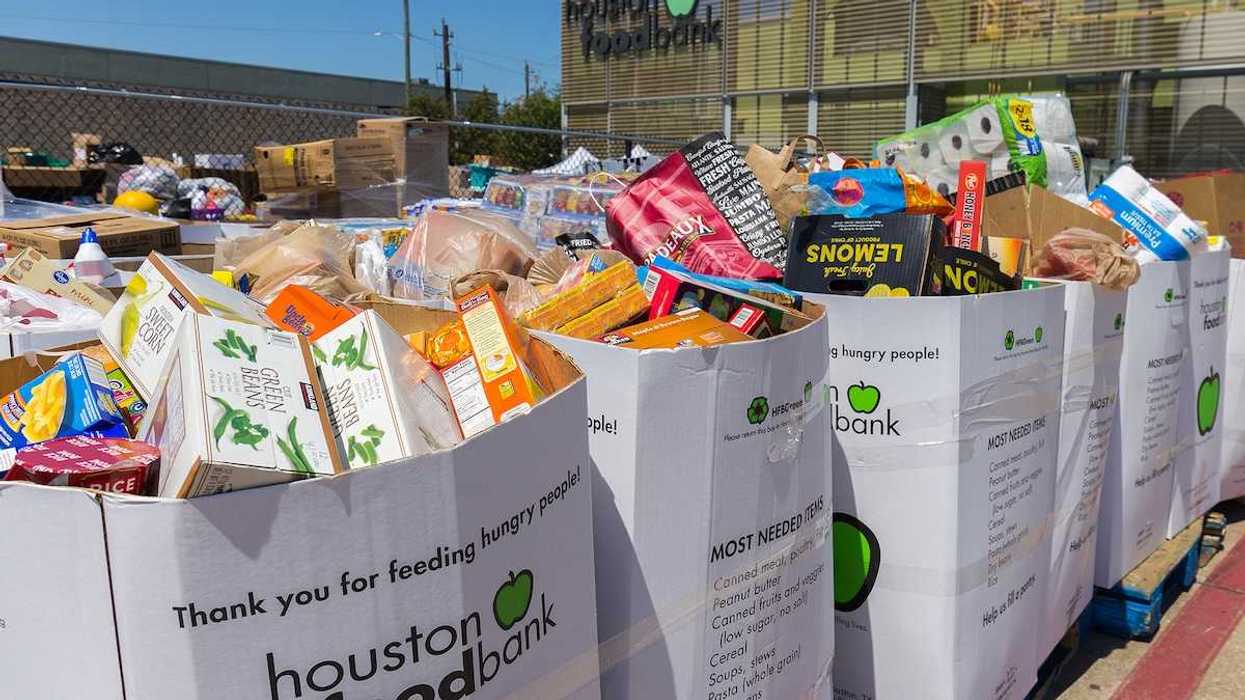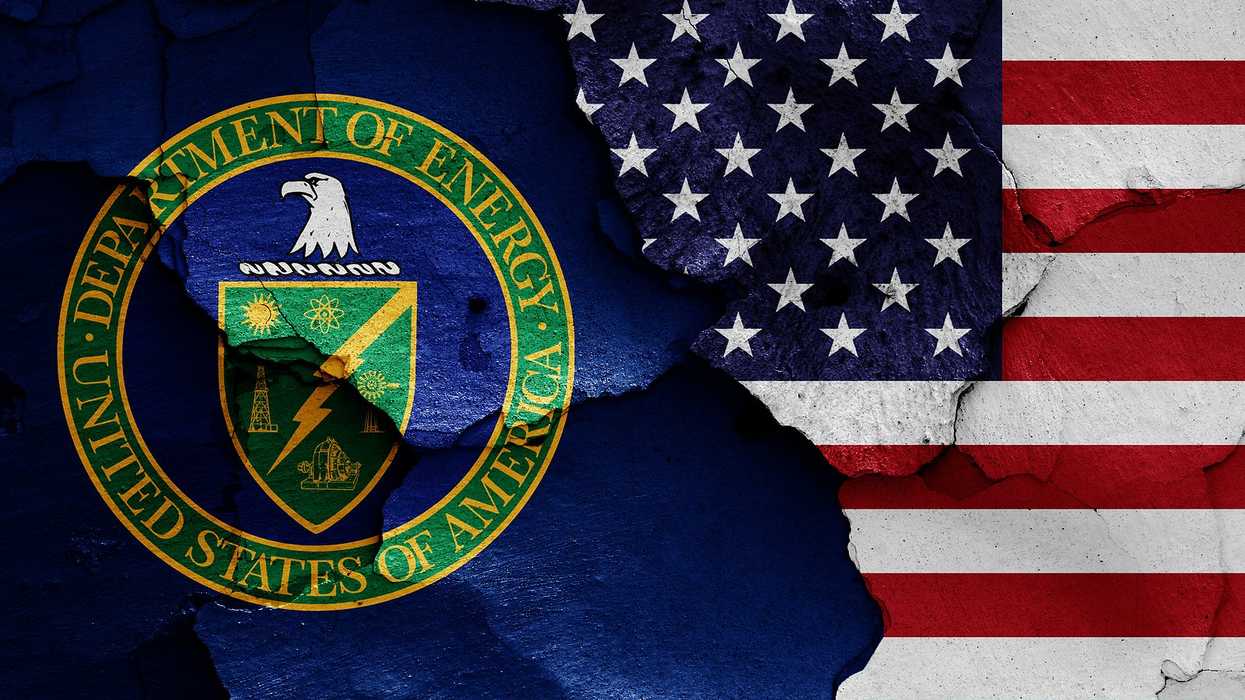A bill limiting Kentucky’s ability to regulate water pollution passed the state House, with opponents warning it could weaken protections for private wells and public drinking water systems.
Liam Niemeyer reports for Kentucky Lantern.
In short:
- The bill, SB 89, changes the definition of state-protected waters to align with federal standards, reducing oversight of small streams, wetlands, and groundwater.
- Environmental advocates and Kentucky’s Energy and Environment Cabinet secretary warn the changes could endanger drinking water for rural communities, including over 31,000 private wells.
- Supporters, including the Kentucky Coal Association, argue the bill benefits industries by removing regulatory barriers, while critics say it prioritizes business interests over public health.
Key quote:
“This is not where Kentucky needs to be the exception.”
— Rebecca Goodman, secretary of the Kentucky Energy and Environment Cabinet
Why this matters:
Kentucky would become the only state to cede its authority over defining protected waters, which could hinder its ability to enforce clean water regulations. The potential consequences of this decision are far-reaching, particularly for rural communities that rely on private wells for drinking water. With fewer protections for groundwater and smaller waterways, pollution risks could rise, leaving residents vulnerable to contaminants from agricultural runoff, industrial discharge, and other sources. Environmental groups warn that Kentucky’s extensive network of rivers and streams makes it especially susceptible to the spread of pollutants, threatening not just drinking water but also the state’s agricultural industry, which depends on clean water for irrigation and livestock.
Related: Kentucky bill would weaken water pollution rules, benefiting coal industry














